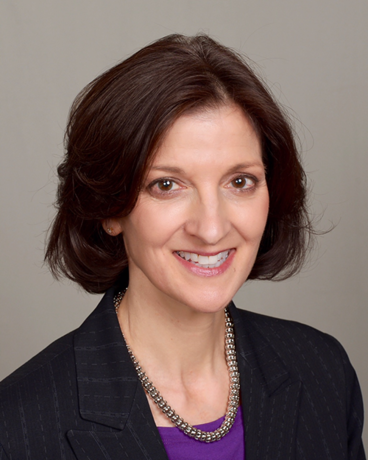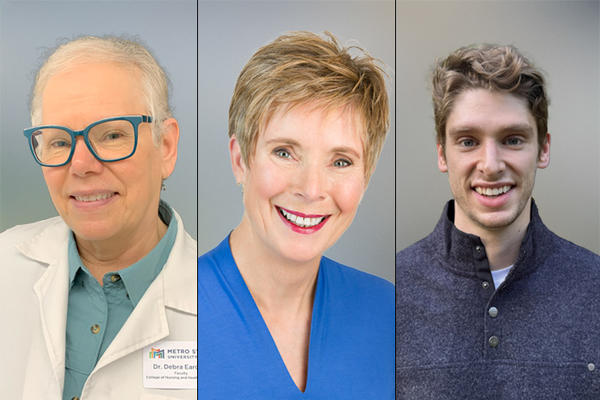New learning experience focuses on care for transgender patients
August 15, 2019

Students will have an opportunity to enhance their knowledge, skills and comfort in working with gender diverse populations after the University of Minnesota School of Nursing was awarded a grant to create an interprofessional simulation experience with standardized patients who are transgender and non-binary.
Standardized patients play an important role in the education of nursing students. Although actors, they portray patients, allowing students to ask questions and listen in a simulated clinical environment.
The grant, from the University’s Institute for Diversity, Equity and Advocacy, will assist in creating a simulation experience for nurse-midwifery and women’s health nurse practitioner students in the School of Nursing and obstetrics and gynecology residents in the Medical School. Specifically, students will practice health history techniques.
“I hope students gain a self-awareness on how to interview a patient with cultural humility and be affirming in that process,” said Clinical Assistant Professor Maria Ruud, DNP, APRN, WHNP, who is developing the simulation activity with Professor Melissa Avery, PhD, APRN, CNM, FACNM, and Assistant Professor Samantha Hoffman, MD.
Transgender and non-binary individuals have significant health disparities and barriers to accessing care, with provider knowledge and training identified as barriers. The simulation experience is being developed to increase that knowledge and training.
“This experience will be in one of the very first courses that students learn about health assessment and how to do a health history, which is key to having a successful visit,” said Ruud. “It’s listening and asking the right questions. If you haven’t worked with populations that identify as non-binary or transgender, there is a skill and an art to doing it. You have to learn it.”
The Interprofessional Education and Resource Center will recruit transgender and non-binary individuals through a partnership with Family Tree Clinic in St. Paul, which is a community clinic known for providing excellent care to gender diverse populations.
“We are looking to really partner with the community to help us develop the approach that students use and to get their input,” said Ruud. “They will be working to help create it.”
The first simulation activity will occur in the fall. Evaluation of students’ knowledge, skills and comfort in taking a health history from a transgender or non-binary individual will occur before and after the simulation experience. Faculty and standardized patients will meet to review the experience, the data collected and make any needed modifications to the learning activity. The goal is to offer the simulation activity each fall and expand it to other nursing students.


